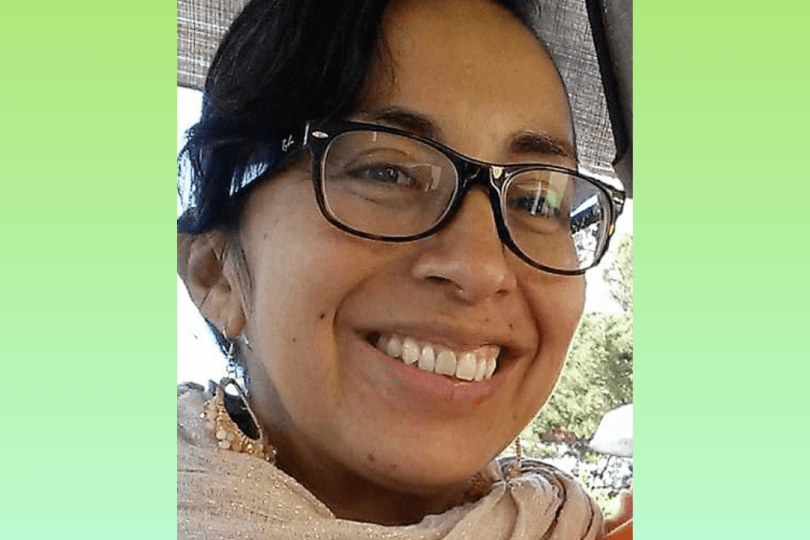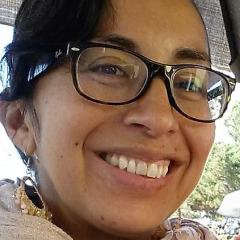Resilient Roots Project: Centering Youth Climate Change Stories
The Resilient Roots Project is a collaboration between Switzer Fellow Catalina Garzón-Galvis, StoryCenter and Frontline Catalysts. The goal of the Resilient Roots Project is to connect the lived experiences of participating youth with root causes, impacts of and solutions to the climate crisis to elevate their leadership in local community climate resilience planning.
Catalina has more than two decades of experience translating research into action for climate justice. Throughout her career, she has observed how challenging it is to fully resource and center authentic community participation throughout the research process and prioritize translating research into action that directly benefits impacted communities.
One such community is Oakland’s predominantly Latinx Fruitvale District. Fruitvale is disproportionately impacted by the localized effects of climate change, including poor air quality from heavy diesel traffic emissions along the I-880 freeway corridor and flooding from atmospheric river storms. The Fruitvale District’s population includes a large proportion of children, who are particularly vulnerable to the lifetime effects of exposures to environmental contaminants in early childhood and adolescence. Based in the Fruitvale, Frontline Catalysts aims to empower frontline youth to lead the movement for transformative climate justice.
With support from a Switzer Foundation Leadership Grant, the Resilient Roots Project will center the lived experiences, local knowledge, and innovation of migrant and first-generation youth in Fruitvale in advancing solutions that strengthen community resilience to climate change. Throughout the project, students at United for Success Academy middle school in East Oakland will use Photo-Voice and digital storytelling to explore why climate change is important to them, articulate their connection with environmental activism, prepare to present at community events, and shape their stories in a way that reflects youth culture and the cultural legacy they receive from their families and community.
Digital storytelling is a participatory approach to creating short videos or digital media based on first-person narratives that is particularly well suited for engaging populations with diverse learning styles, limited literacy and/or linguistic barriers. Widely used with youth, Photo-Voice is a participatory action research approach that uses the gathering of images and first-person narratives to make meaning of lived experiences to support positive change. Through intensive, hands-on workshops that blend oral history, popular education and participatory production methods, storytellers create short videos, or “digital stories,” based on events from their own lives.
As a participatory empowerment-based approach, digital storytelling centers the voice and agency of the storytellers in making meaning of and sharing their lived experiences.
Catalina Garzón-Galvis, 2005 Switzer Fellow
Youth leaders will work with project partners to translate their stories into action by planning and hosting a community screening of their videos. They will share their experiences and solutions with family and community members, school administrators and decision-makers, and gain skills toward becoming community leaders that can research and organize around environmental and health inequities.

